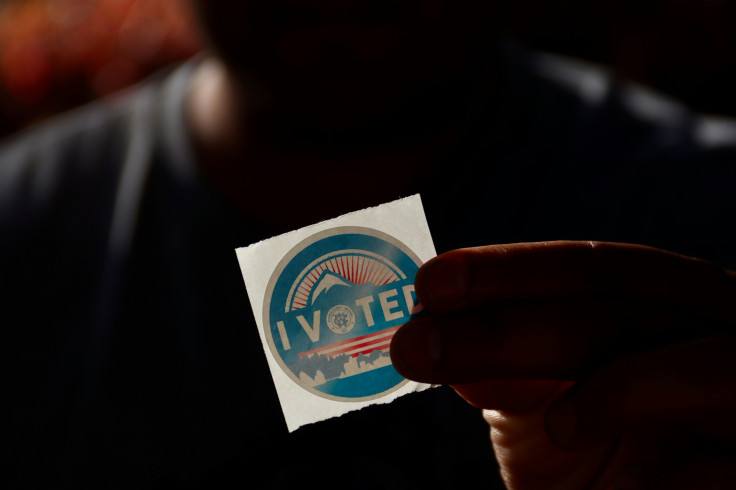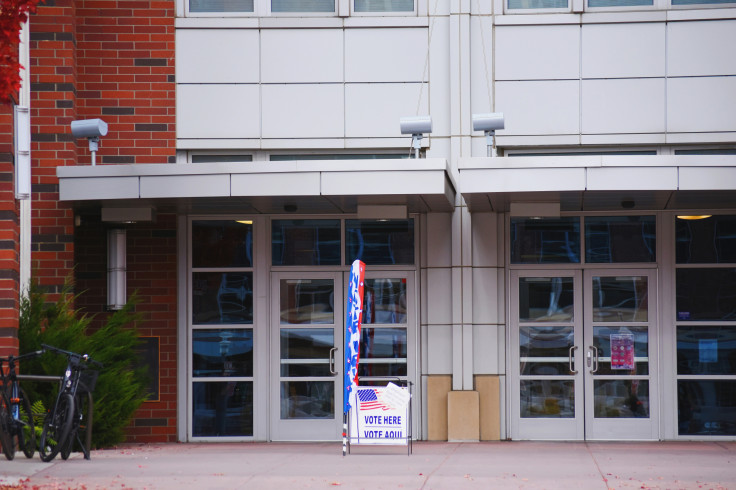
The dangers of increased illegal immigration, including the possibility that many arrivals could vote in the next presidential elections without being authorized to do so, has been a salient talking point of Donald Trump and other high-profile Republicans.
However, a new Axios report claims this has historically not been the case, there not being any evidence showing it to happen at a significant scale.
A main reason for this is immigrants' reluctance to give any personal information to U.S. authorities, fearful of reprisals given their migratory status. Voting illegally is a federal crime that could lead to deportation so, according to what Sean Morales-Doyle, director of the Brennan Center Voting Rights Program, told Axios, "the stakes are really high and it's really easy to figure out that you did it."
A study by the Brennan center backs up this claim. After examining some 23.5 million votes in 42 jurisdictions, it found about 30 suspected illegal voters. Accidents, rather than broader conspiracies, were the explanation for them.
Unauthorized immigrants could in some scenarios vote unlawfully: they could lie about their citizenship status to register and then vote by providing an ID that doesn't require citizenship. However, both of these events are recorded, so authorities could easily track down those who expose themselves in this manner.
Moreover, several states have additional measures that routinely check those voting in their jurisdictions are in fact U.S. citizens.
At a general level, studies have pointed to undocumented immigrants committing fewer crimes than their counterparts in the country. Alex Nowrasteh, vice president for economic and social policy studies at the Cato Institute, a libertarian think tank, wrote in USA Today earlier this month that "undocumented migrants in Texas were about 26% less likely to be convicted of homicide than native-born Americans over the decade of 2013-22. His research draws on data from the Department of Public Safety (DPS) and Department of Criminal Justice (TDCJ) in Texas, which is the only state in the U.S. that keeps data on the immigration status of criminals.

A similar study published in 2020 by professors at the University of Wisconsin-Madison, who analyzed Texas DPS data from 2012 to 2018 and found that "relative to undocumented immigrants, U.S.-born citizens are over two times more likely to be arrested for violent crimes, 2.5 times more likely to be arrested for drug crimes, and over four times more likely to be arrested for property crimes."
There were about 10.5 million unauthorized immigrants in the country in 2021, according to the latest figures provided by the Pew Research Center. It's a modest increase compared to 2019 but identical to 2017 and still below 2007's peak, 12.2 million. Lawful immigration, in contrast, has increased significantly.
The study specifies that it is not taking into account changes since "apprehensions and expulsions of migrants along the U.S.-Mexico border started increasing in March 2021" and clarifies that, ever since, figures have reached historic highs.
Salient findings indicate a notable decline in unauthorized immigrants from Mexico, the most common country of birth for this population. The figures dropped by 900,000 from 2017 to 2021, totaling 4.1 million that year.
However, there were increases in unauthorized immigrants from almost every other region worldwide, including Central America, the Caribbean, South America, Asia, Europe, and sub-Saharan Africa.
Only Florida and Washington experienced increases in their unauthorized immigrant populations, while California and Nevada witnessed decreases. Nationally, 4.6% of U.S. workers in 2021 were unauthorized immigrants, mirroring the share in 2017.
As of 2021, the 10.5 million unauthorized immigrants represented about 3% of the total U.S. population and 22% of the foreign-born population. These percentages are among the lowest since the 1990s.
© 2025 Latin Times. All rights reserved. Do not reproduce without permission.






